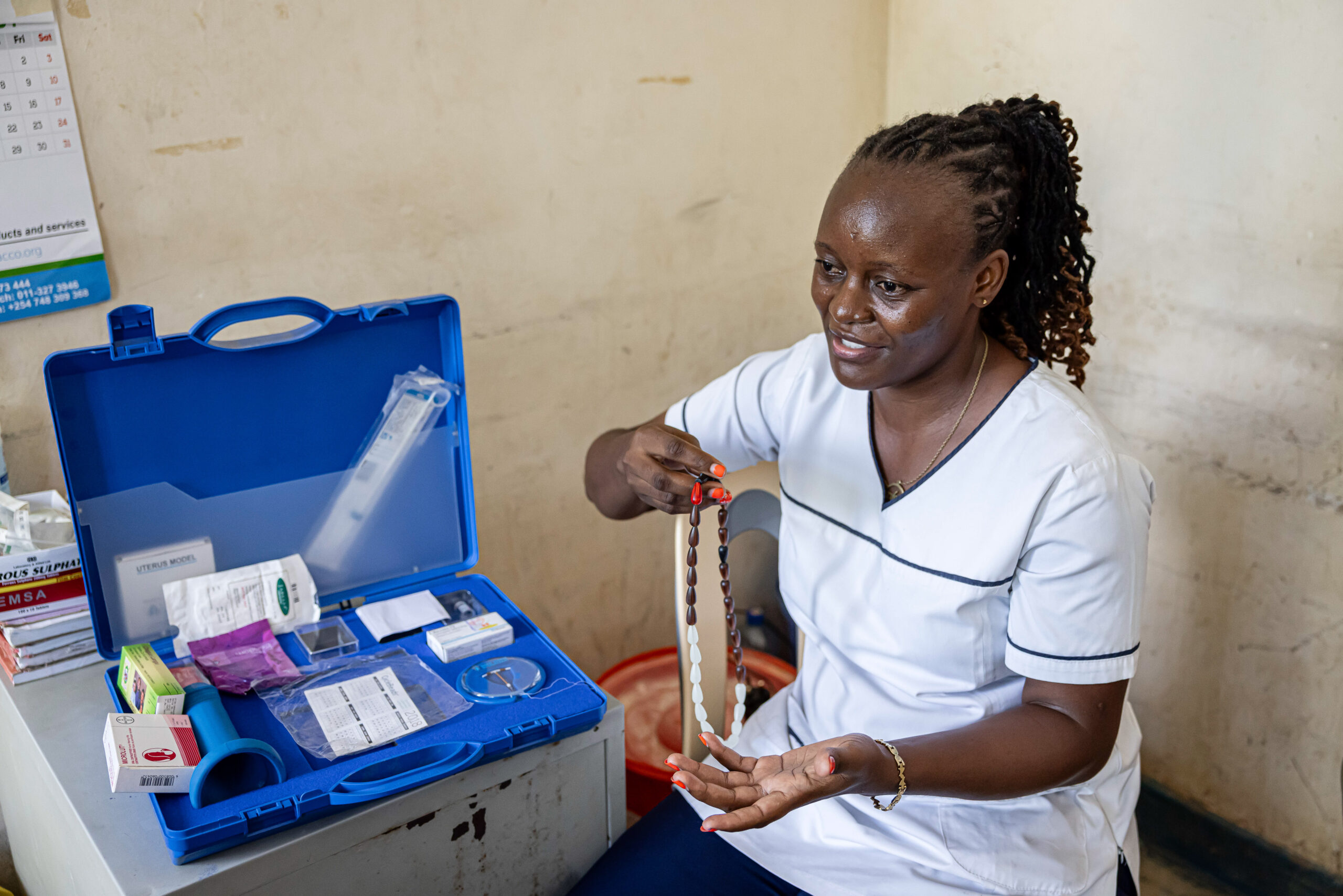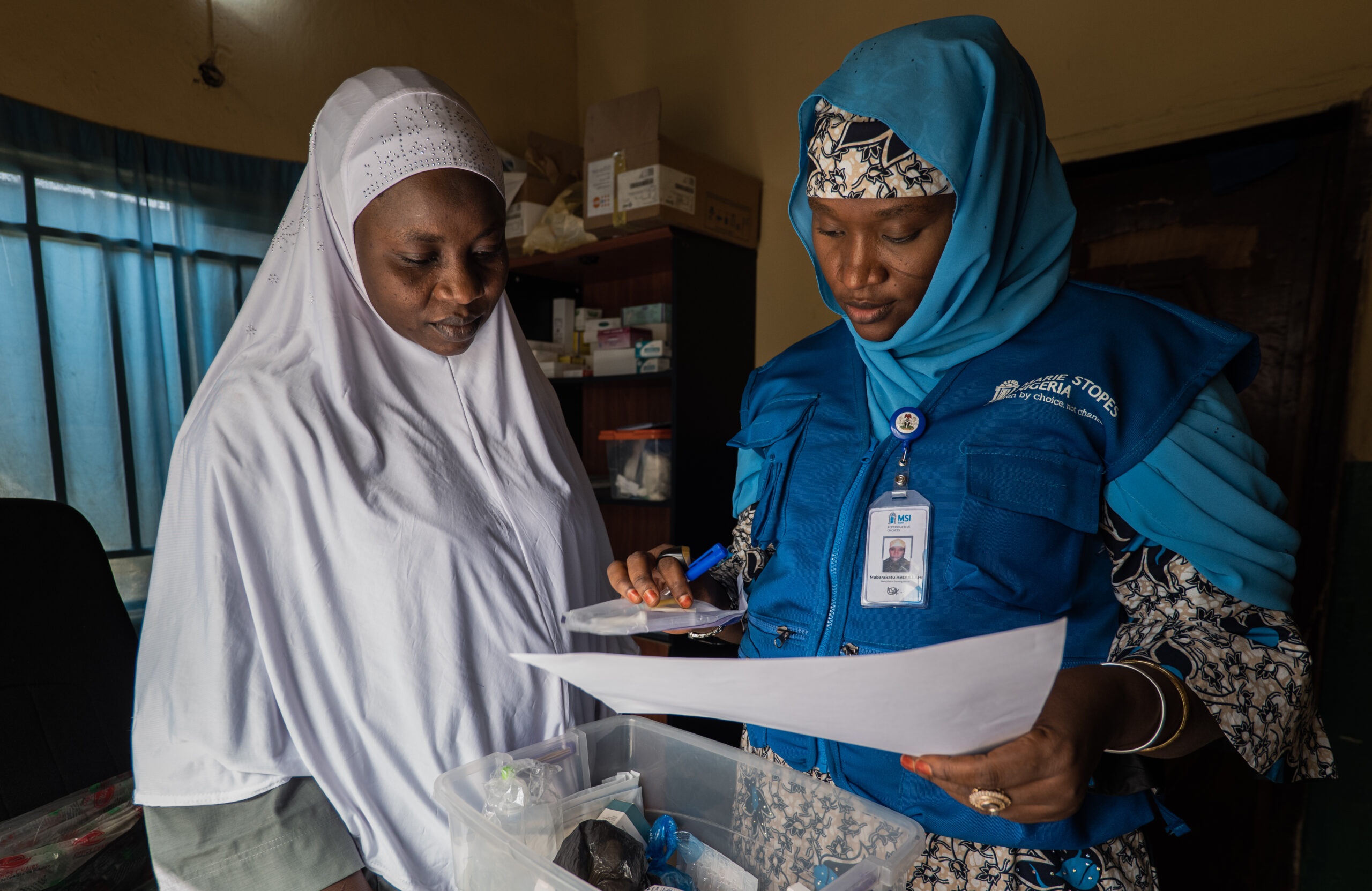Contraception changes lives, and in doing so drives social and economic development. Our new report shows sound evidence for the transformative potential of contraception, and presents a strong argument for why it’s absolutely vital we invest in it.
MSI believes that universal access to contraception is the best investment for achieving the Sustainable Development Goals (SDGs).
In this report, to illustrate the potential impact of a state’s investment in contraception, we use the theoretical sub-Saharan nation of Contraceptia, and measure it against five social and economic indicators:
- Increase in per capita GDPContraceptia map – click to enlarge
- Primary school completion rate for girls
- Gender equality ranking
- Foreign aid as percentage of government revenue
- Position in the fragile state index
We use internal data to estimate the wider benefits of providing contraception to an extra 5% of women of reproductive age (WRA), and look at what impact a 1% increase in contraceptive prevalence rate (CPR) would have on these five measures.
Our aim is to make the case for contraception as a cornerstone of social and economic development. It is time to convince others of the multitude of benefits that arise when women are able to control their fertility. Read the report and join us.








